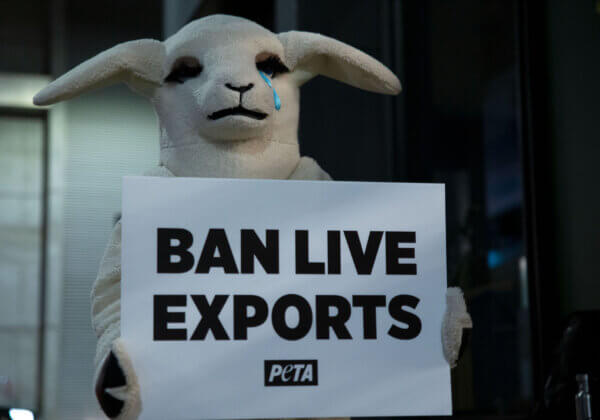Is It Time For A Meat Tax?
The jury has returned. The verdict is in.
A new report in the June 2018 issue of the journal Science has confirmed the huge footprint of animal agriculture – it provides just 18 per cent of calories but takes up 83 per cent of farmland. The most comprehensive analysis ever done of the damage farming does to the planet, covering 38,700 farms in 119 countries, found that without meat and dairy consumption, global farmland use could be reduced by more than 75 per cent – an area equivalent to the US, China, the European Union and Australia combined – and still feed the world.
“A vegan diet is probably the single biggest way to reduce your impact on planet Earth, not just greenhouse gases, but global acidification, eutrophication, land use and water use,” said Joseph Moore of the University of Oxford, who led the research. “It is far bigger than cutting down on your flights or buying an electric car.”
Fifty-one percent of greenhouse emissions come from the farming of some seventy billion animals who are crammed by the thousands into filthy, windowless sheds and stuffed into wire cages, metal crates, and other torturous devices.
Meat consumption has been linked in recent scientific research to a range of health problems, from obesity and diabetes to heart disease, strokes and certain types of cancer. The AMA has called obesity “the biggest public health challenge facing Australia” and research shows that vegans are a whopping nine times less likely to be obese than meat-eaters and are far less prone to suffering from chronic diseases.
Health and the environment are two of the most worrying issues facing Australians today, and a tax on meat would be an important step towards improving them.
Meanwhile, more than half a billion land animals are slaughtered each year for the meat, dairy, and egg industries in Australia, while many more are subjected to horrid conditions on live-export ships while being sent overseas.
We already pay taxes on cigarettes, alcohol and petrol to help offset the health and environmental costs of these items, so it’s reasonable to expect people to pay extra for unhealthy – and unnecessary – foods that harm people and animals, waste resources and contribute heavily to climate change.
What can you do? Click below for a guide to eating for the environment.
GRAB YOUR FREE VEGAN STARTER KIT!






